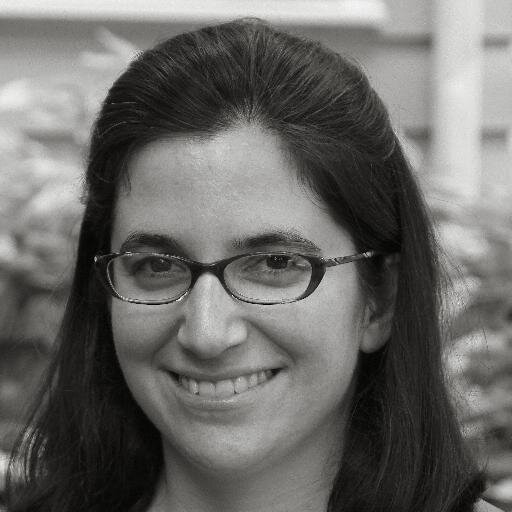 Today we are thrilled to feature an interview with Abby Levine, Director of the Jewish Social Justice Roundtable. The Jewish Social Justice Roundtable is a sponsoring partner of our national online course, Don’t Kvetch, Organize! Read below to learn about Abby’s journey to organizing why she’s excited about our online course that is launching in the fall.
Today we are thrilled to feature an interview with Abby Levine, Director of the Jewish Social Justice Roundtable. The Jewish Social Justice Roundtable is a sponsoring partner of our national online course, Don’t Kvetch, Organize! Read below to learn about Abby’s journey to organizing why she’s excited about our online course that is launching in the fall.
Is there a moment in your life that you could tell us about, when you realized the power of community organizing and knew that you wanted it to be a big part of your life’s work?
AL: I think that one example pretty early on was when I was doing organizing with the homeless population in New Haven, Connecticut where I went to college. We talked to a number of homeless folks and they raised the issue of what time the shelter closes at night. It was winter in Connecticut and the shelters were closing at 11:00 at night, so if the people didn’t get there by 11 they couldn’t get in. I remember we did some organizing, and after all these conversations and actions that we had about it, somehow I was a freshman in college and I was the one who called up the woman who was the head of the shelter and said to her this: should change.
I don’t know how I ended up being the person doing that–it probably wasn’t the best decision. I remember really clearly her saying to me: Well if you haven’t gotten your act together to get to the shelter by 11:00 at night, then, I’m sorry, no, that’s just the way it is.
And I just remember being shocked at that attitude and realizing that it was really going to take the power of organizing and, frankly, bad publicity and public action to change it. Up until then, I thought I could convince people in power just by my strong argument to do the right thing, but it was really clear that that was not going to work with this conversation. We had to organize and we did. We eventually changed the policy so that they let people in after 11:00.
We’re thrilled that the Jewish Social Justice Round is a sponsoring partner of Don’t Kvetch, Organize! Can you tell us why you’re excited about this course?
AL: I really believe that the skills of organizing can be applied to many different contexts. I’m an organizer at heart but my title is not “Organizing”. I’ve done fundraising work and organizational development work and I think what’s really exciting about this class is it provides the building blocks of community organizing in really concrete, accessible ways. I’m excited for people to learn more about what organizing is and to understand that they can apply the tools to all kinds of work in the world, because I’ve certainly done that and it’s been really useful.
I think about the Jewish Social Justice Roundtable as a very diverse network of now almost 50 organizations and I think if more of us better employed the skills of organizing around building relationships, having good one-to-one conversations, really listening to each other, and taking action based on common concerns, we would be more powerful.
So I’m excited for the course to educate folks about what community organizing is and give people an accessible, tangible way to learn about it with such great content.
What do you hope the cohort of Roundtable participants gain from this course?
AL: A basic understanding of what organizing is. I think this is a great way for us to broaden our reach and train and support more people from our network, particularly lay leaders and other staff who will be drawn in to this course.
I also think that online courses in general are an area that have a lot of potential and so I’m excited to take any lessons learned out of this course and apply it more broadly to the peer learning efforts that we do on a more consistent basis.
Is there anything else you would share with people considering Don’t Kvetch, Organize?
AL: I think the only other thing I would say is I’m excited for the deliberate, solution-based aspects of the course and the fact that even though it is an online course I feel like there’s thoughtful intention around making sure relationships are being built. There are more and more people in our world that are engaging in Jewish justice that want to be part of this network and this community. It’s an exciting opportunity, particularly for folks who don’t live in the big cities to get to know people in the field and the opportunities that are out there to take action from Jewish values and from a Jewish perspective.






